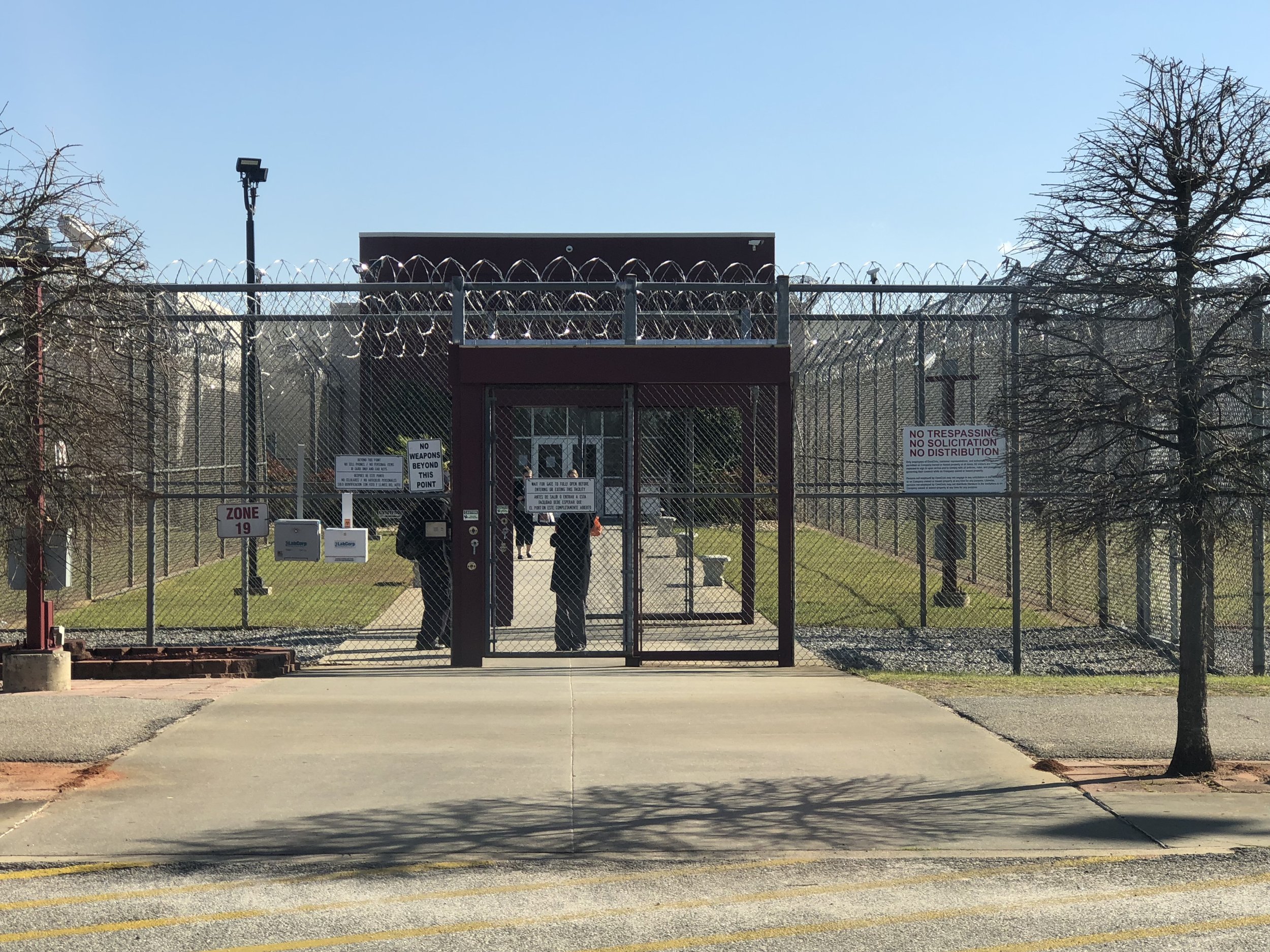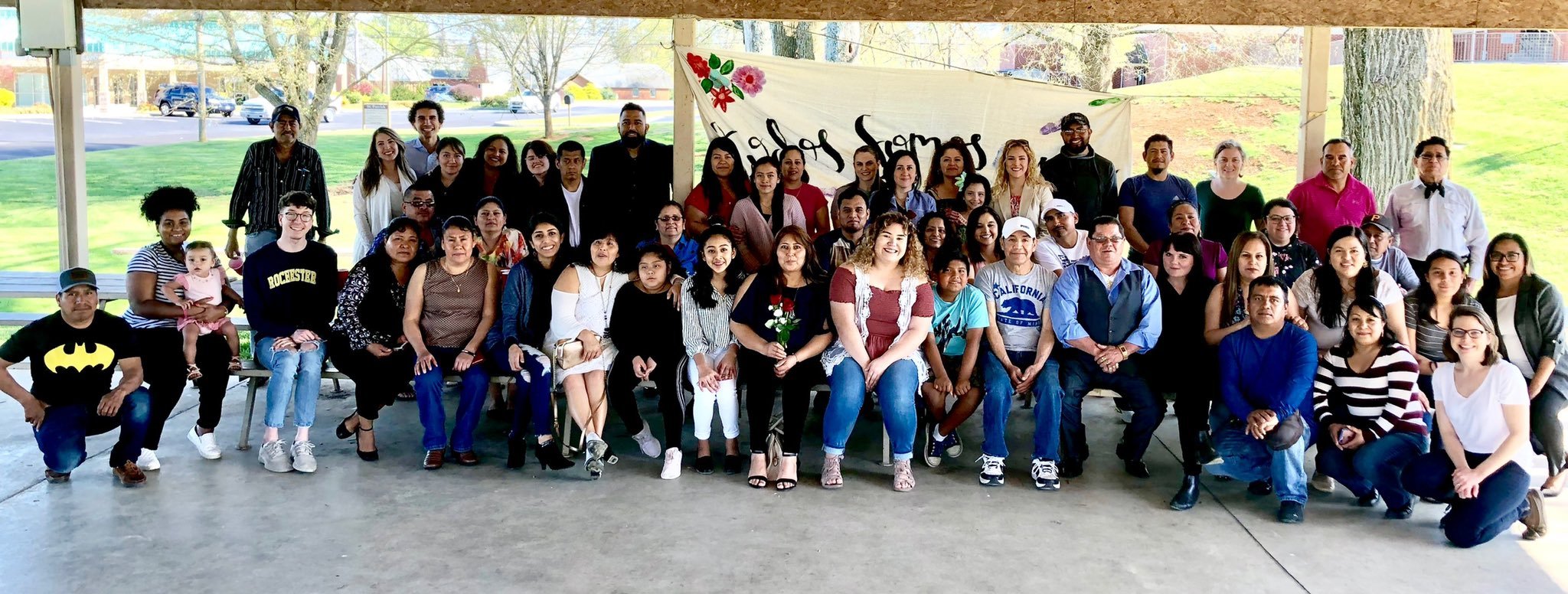
PRACTITIONER BLOG
Read our analyses of developments in Impact Litigation and stay current on class action law

Forced Labor Suit Leads To Detained Worker Bill of Rights
With no real choice, Mr. Hill Barrientos worked in the kitchen in SDC’s so-called “Voluntary Work Program,” cooking meals for up to 2,000 people daily. He regularly worked eight- to nine-hour shifts, and usually received $4 to $5 per day (or 50 cents per hour). Since SDC did not have outside kitchen staff other than a handful of supervisors, officers usually required Barrientos to work seven days a week, even when he was sick. After filing a grievance for being forced to work while sick, he was put in solitary for over a month.

Latinx Workers Reach Groundbreaking Class Action Settlement in Immigration Raid Case
In April 2018, an immigration raid at the Southeastern Provision meatpacking plant in the small town of Bean Station, Tennessee upended a community. Federal agents from Immigration and Customs Enforcement (ICE), Customs and Border Protection (CBP), and the Internal Revenue Service (IRS) descended on the plant alongside Tennessee Highway Patrol troopers and local police officers. Armed with long guns and raid gear, agents detained around 100 Latinx workers, transported them to a National Guard armory, and placed most in deportation proceedings.

Nike Runs Into Trouble Trying to Hide Discriminatory Pay Disparities
In our recent victory in the class action Cahill et al v Nike, we defeated Nike’s attempt to hide Plaintiffs’ analysis of pay disparities at the company from the public. The case is a reminder about the importance of resisting attempts by defendants to shroud class proceedings in secrecy.

Female athletes from James Campbell High School score class certification after Ninth Circuit Appeal
When several students and parents from the girl’s water polo team flagged concerns of gender discrimination, the DOE retaliated against the class. The administration threatened to cancel the water polo season, increased scrutiny of the team, and mysteriously lost required team paperwork. This retaliatory conduct and the stark inequality between male and female athletes at Campbell are out of bounds under Title IX. In an upset, the District Court denied class certification in 2019 finding that the class failed to meet numerosity standards and, for the class-wide retaliation claims, that plaintiffs failed to show typicality and commonality.

Ninth Circuit Panel Decertifies Class of Janitorial & Maintenance Workers: Impact Fund & Amici Urge Rehearing
A certified class of janitorial and maintenance workers survived two motions for decertification, successfully proved employer wrongdoing at summary judgment, and received significant damages in a jury bellwether trial before seeing their efforts undone by the Ninth Circuit. The recent panel opinion in Bowerman v. Field Asset Services, Inc., 39 F.4th 652, 661-63 (9th Cir. 2022), reversed certification after over seven years of litigation as a certified class. In doing so, the panel blatantly ignored the district judge’s repeated conclusion that the case was best managed as a class action.

West Virginia Can No Longer Discriminate Against Transgender Medicaid Participants
On August 2, 2022, federal District Court Judge Robert C. Chambers granted affirmative summary judgment for Plaintiffs in Fain et al. v. Crouch et. al, and ruled that West Virginia could no longer discriminate against transgender Medicaid participants by excluding coverage for gender-confirming surgical care. In their complaint, Plaintiffs alleged that West Virginia state health insurance plans deprive transgender people of essential, and sometimes life-saving, health care.

Case Advances Challenging “Debtors' Prison” for Non-Payment of Bond Supervision Fees in Texas
Anderson County’s bond supervision fee is another example of criminalizing poverty, and another example of how Texas is a major civil rights battlefield right now. Ability to pay is not considered and not paying can mean jail time. In other words, pre-trial defendants can be incarcerated simply because they can’t afford a fee — a modern-day debtor’s prison.

Impact Fund and Amici: Ninth Circuit’s New “De Minimis” Standard for Predominance Is Wrong and Disadvantages Workers
Our brief argues that the panel’s decision is inconsistent with decades of Supreme Court and Ninth Circuit precedent regarding class certification and trials challenging employment discrimination and other workplace violations, such as wage theft. To require plaintiffs to demonstrate no more than a “de minimis” number of uninjured class members at the class certification stage forces district courts to engage in a full-blown inquiry into the merits of the case, an inquiry which the Supreme Court and the Ninth Circuit have repeatedly stated courts are expressly forbidden to undertake at that stage.
